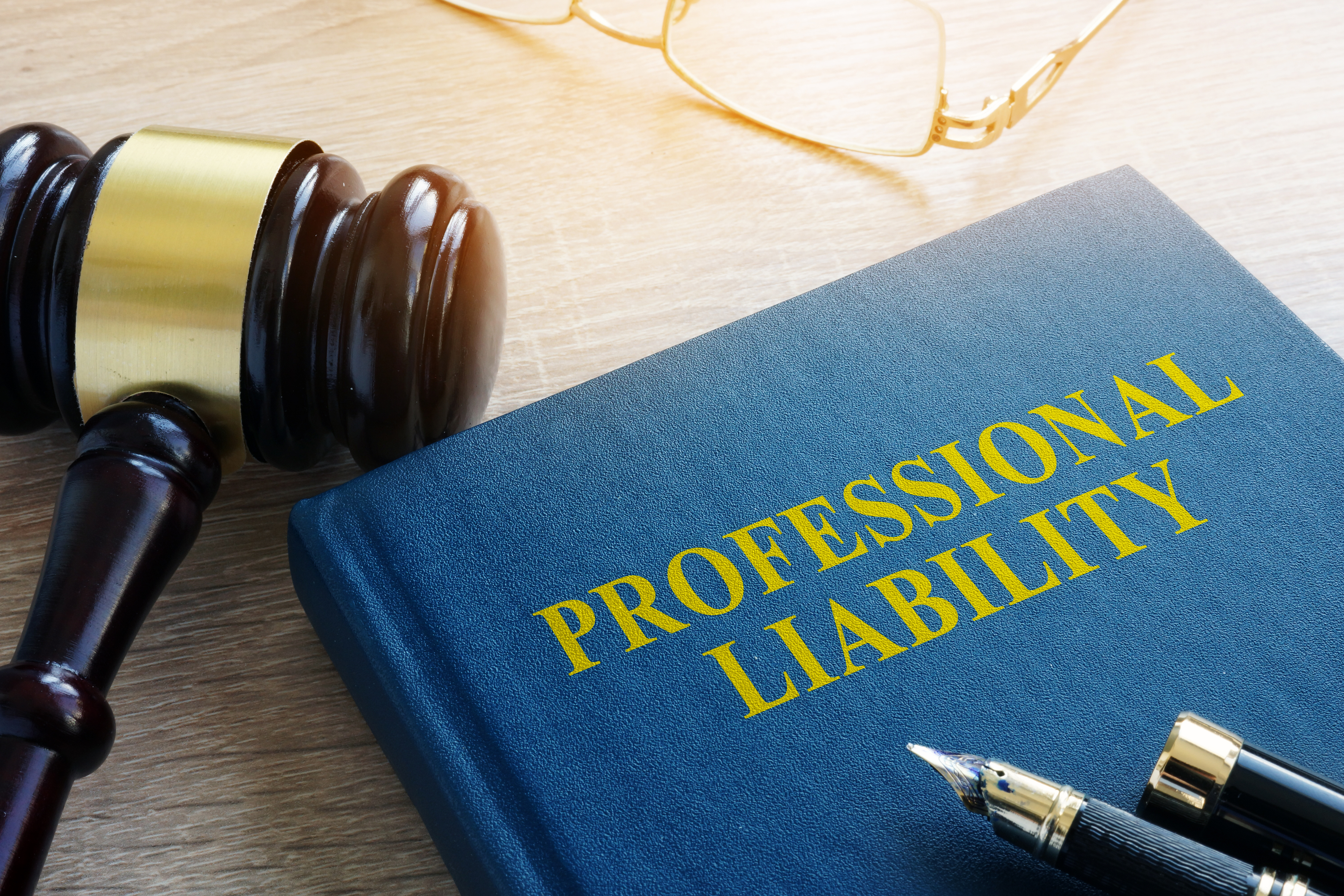Even Limitation of Liability Clauses Have Limits
The enforceability of these clauses varies by jurisdiction, but most are allowed — with a few exceptions.

“Owner agrees that the Engineer’s total liability to the Owner for any and all injuries, claims, losses, expenses, or damages whatsoever, including attorney’s fees, arising out of or in any way related to the Engineer’s work or this Agreement from any cause or causes, including but not limited to, Engineer’s negligence, errors, omissions, strict liability, breach of contract or breach of warranty, shall not exceed $50,000 or the total amount paid by the Owner to Engineer under the Agreement, whichever is greater.”
This is a classic example of a limitation of liability (LOL) clause, a variation of which commonly appears in agreements for professional services rendered by architects, engineers or other design professionals. LOL clauses are intended to do just that — limit the exposure of design professionals. These clauses shift the risk of design professionals’ misconduct away from design professional and onto the owner.
This is onerous to an owner, who may be facing millions of dollars in damages resulting from errors or omissions of its design professional. While one could debate the fairness of such a provision, these Legal Pipeline columns are not about fairness; they are about lawfulness. Is such a clause lawful and enforceable? While the answer depends on the jurisdiction, a majority of jurisdictions do permit a design professional to limit its financial exposure with a LOL clause.
The simple theory is that parties engaged in arms-length transactions should have the freedom to contract as they wish.
In RSN Properties, Inc. v. Engineering Consulting Services, Ltd., 686 S.E.2d 852 (Ga. Ct. App. 2009), the Court of Appeals of Georgia enforced an LOL clause in a contract between a real estate developer and its engineer, finding that such a clause did not violate public policy.
The clause at issue provided: “[RSN] agrees to limit ECS’s liability to [RSN] arising from ECS’s professional acts, errors or omissions in performing this Agreement, such that the total aggregate liability of ECS to [RSN] shall not exceed $50,000 or the value of services rendered, whichever is greater.” RSN Properties, 686 S.E. 2d at 854.
The court held that this clause did not violate public policy because there was no Georgia statute that said otherwise: “As a general rule, a party may contract away liability to the other party for the consequences of his own negligence without contravening public policy, except when such an agreement is prohibited by statute.” Id. (citations omitted).
Elaborating on the reasons for allowing such a clause, the court noted: “Generally, inclusion of a limitation of liability provision in a contract of this nature recognizes that the fee for the service is small compared to the substantial liability which could arise from an error in providing the service. The provision reflects an arms-length bargain to perform the service at the agreed-upon fee in return for the liability cap.” Id. at 855.
However, there are a handful of circumstances where “freedom of contracting” does not win the day. A majority of jurisdictions have held that LOL clauses are not ironclad and may be unenforceable, thus affording no protection to the design professional. These circumstances include:
• Fraud or bad faith by the design professional;
• Intentional misconduct by the design professional;
• Recklessness by the design professional;
• Public policy reasons.
Since the applicability of these exceptions, like the enforceability of the LOL clauses itself, varies by jurisdiction, this column does not purport to provide a comprehensive discussion of LOL clauses, their treatment and exceptions throughout the country. Rather, it is intended to highlight a few exceptions to the reader, so that they will be aware of the potential limited applicability of the LOL clause and may discuss the ramifications with their personal counsel.
‘Exceptional’ conduct
Under New York law, for example, LOL clauses are generally enforceable. As illustrated in the previous example, parties may limit the design professional’s liability for certain acts or types of damages. Also as shown above, parties may limit the amount of damages for which the design professional may be responsible.
However, New York courts will not enforce such LOL clauses when they purport to protect the design professional from liability for conduct that constitutes fraud, gross negligence or willful misconduct.
In Sear-Brown Group v. Jay Builders, Inc., 244 A.D.2d 966, 665 N.Y.S.2d 162 (4th Dept. 1997), an engineering firm sued a real estate developer for breach of contract, and the developer filed a million-dollar counterclaim alleging negligence and gross negligence. The trial court limited the engineering firm’s liability on the counterclaims. New York’s Appellate Division (4th Department) reversed, finding that the LOL clauses in the engineering firm’s contracts did not apply to the counterclaims.
Similarly, in Airfreight Express Ltd. v. Evergreen Air Center, Inc., 158 P.3d 232 (Ariz. Ct. App. 2007), the Court of Appeals of Arizona, following New York law, refused to enforce a LOL clause in a contract where the party seeking to limit its liability engaged in fraud or bad faith. See Long Island Lighting Co. v. Transamerica Delaval, Inc., 646 F. Spp. 1442, 1458 (S.D.N.Y. 1986); Corbin on Contracts § 85.18 (2003).
As set forth in a well-known scholarly treatise, Corbin on Contracts: “A party may contract to limit liability in damages for nonperformance of promises …. Such a provision is not effective, however, if that party acts fraudulently or in bad faith.” Corbin on Contracts § 85.18.
The Airfreight court noted that in addition to New York, this exception has also been applied in Washington, New Hampshire, Alaska, Delaware, Illinois and Rhode Island. Joining in this cadre of courts, the Court of Appeals of Arizona concluded: “As a matter of public policy, a party should not benefit from a bargain it performed in bad faith. Accordingly, in the absence of any contrary argument or authority, we adopt this sensible rule.” Airfreight, 158 P.3d at 240.
Takeaways
While the applicability of LOL clauses and their exceptions vary throughout the country, a few common themes emerge that may be considered as takeaways by the contractor and design professional considering such a clause.
First, confirm that your jurisdiction follows the majority rule and enforces reasonably written LOL clauses (similar to the one at the beginning of this column). Second, know the exceptions to enforceability of LOL clauses in your jurisdiction. Does your jurisdiction preclude enforcement of LOL clauses where the party seeking protection engages in fraud, bad faith, reckless conduct, gross negligence, ordinary negligence or a combination thereof? Are there any public policy or statutory prohibitions to LOL clauses in your jurisdiction?
These are key questions that the plumbing contractor or design professional needs to check with counsel to learn the answers. The answers are critical to determining the parties’ risk exposure in construction and design professional contracts used on a project.





